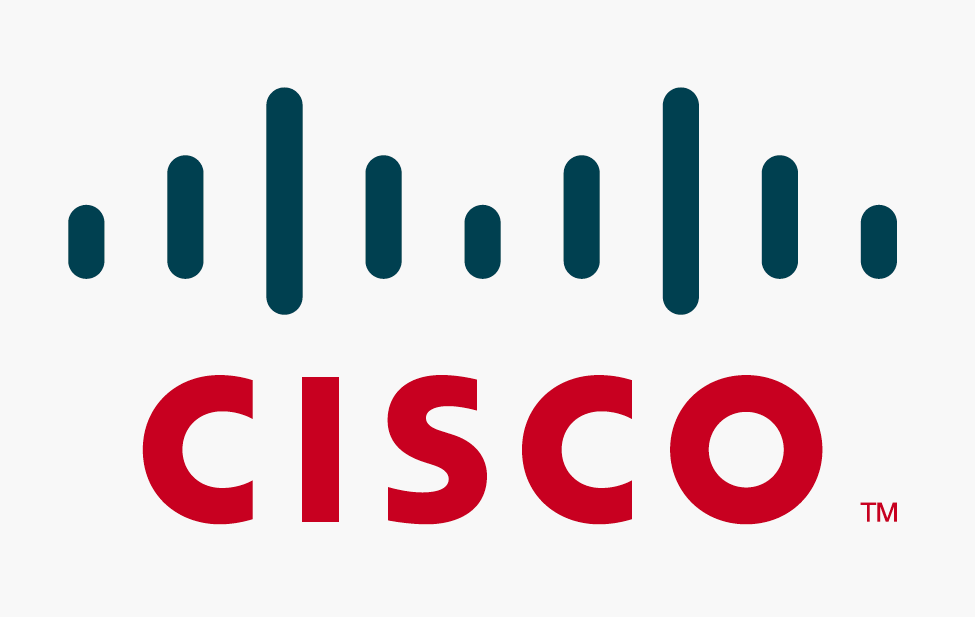Cisco Systems (CSCO +0.51%), the dominant player in the networking hardware industry, may not seem like an exciting company. But going forward, Cisco has multiple major growth opportunities that could propel the company's growth beyond the slow, steady expansion of its core switching and routing businesses. Here are three numbers that will be extremely important to Cisco over the next few years.

Source: Cisco.
50 billion
While many of the "smart" products that have launched in recent years may not be very useful (who needs an Internet-connected coffee maker?), the Internet of Things is a big deal. For businesses, greater efficiencies, driven by a vast network of Internet connected sensors and devices, could be game changing for many industries, and the companies that don't adapt could be left behind.
Cisco estimates that 50 billion devices will be connected to the Internet by 2020, up from 15 billion during the middle of 2015. It's not difficult to imagine this number going much higher in the long run, and the amount of data generated by these devices will be truly staggering. As the leading provider of networking hardware such as switches and routers, Cisco will play an integral role as the Internet continues to evolve.
The company has been shifting toward being a seller of integrated solutions, as opposed to simply selling hardware, a move that will allow the company to help solve the increasingly difficult networking problems brought on by both the Internet of Things and the cloud. In 2015, Cisco estimates that it generated $9 billion of revenue from software, and the company expects this number to grow by 10%-15% annually over the next few years. Meanwhile, services brought in $11 billion in revenue, and Cisco expects this number to grow by 4%-7% annually going forward.
With tens of billions of devices set to generate untold quantities of data, Cisco is positioning itself to be a key enabler of the Internet of Things.
6.6%
Cisco's core business is networking hardware, but the company has also made a name for itself in the server market. Cisco's UCS line of servers has been winning market share since launching in 2009, and the company managed to capture 6.6% of the global server market during the third quarter of 2015. While more established server vendors have been hurt by the major cloud computing companies designing their own systems, Cisco's server business has been growing at an impressive pace.
During Cisco's fiscal first quarter, the company's data center segment, which is comprised primarily of UCS servers, generated $859 million of revenue, up 24% year over year. While the data center segment accounts for just 6.8% of Cisco total revenue, it's by far fastest growing segment, helping to drive growth beyond the slow and steady pace of Cisco's core business.
It's difficult to say how large of a market share Cisco can ultimately achieve in the server market, but the company doesn't appear to be slowing down. At its current pace of growth, Cisco could become the third largest server vendor in the world in just a few years, behind only Hewlett-Packard Enterprise and Dell.
54
Another major growth business for Cisco is security. Cisco has made quite a few security acquisitions over the past few years, including Lancope, Portcullis, OpenDNS, Neohapsis, ThreatGRID, and Sourcefire, and while the security business is currently growing slowly, with sales increasing by just 7% year-over-year during Cisco's latest quarter, the company expects growth to accelerate to a mid-to-high-teens percentage in the second half of 2016.
More acquisitions are likely, especially given the fragmentation of the security market. Cisco estimates that the average large enterprise has 54 different security vendors, each handling specialized functions. Consolidation is inevitable, and Cisco is positioning itself to emerge as a diversified security vendor that can handle the bulk of a client's needs.
One name that has come up as a possible acquisition target is FireEye (FEYE +0.00%). Until recently, FireEye's stock traded at extremely elevated levels, making an acquisition unlikely. However, thanks to a recent slump in FireEye's stock price, the company may now make sense as a Cisco acquisition target. FireEye is chronically unprofitable as it follows a growth-at-all-costs strategy, but adding FireEye to Cisco's stable of security companies could give the networking giant's security segment a much needed boost.
Regardless of which companies Cisco chooses to acquire, with so many different security vendors scrambling for market share, consolidation in the industry is almost guaranteed.
